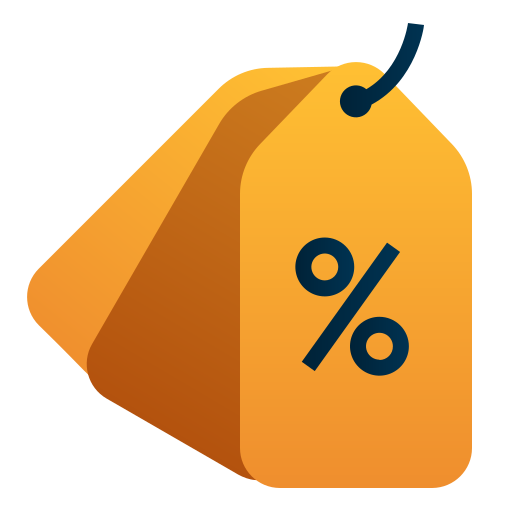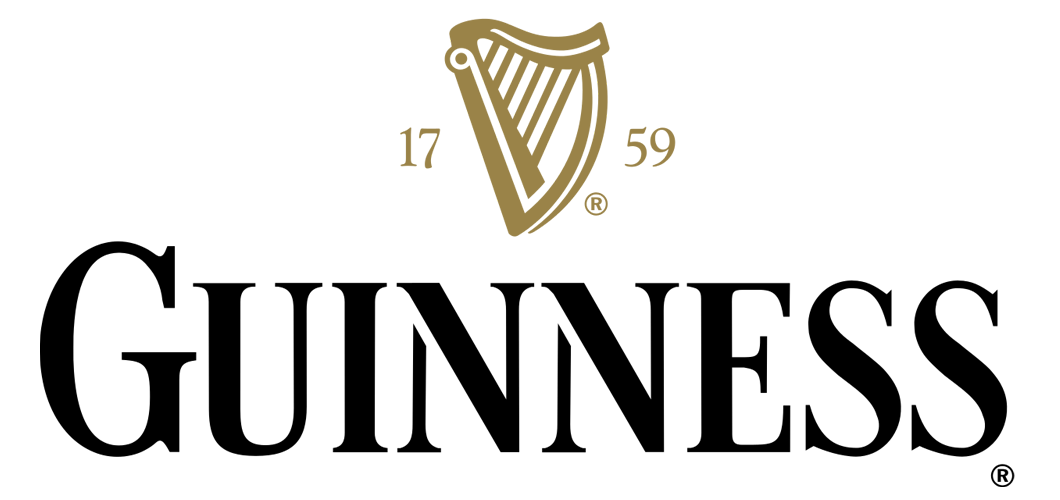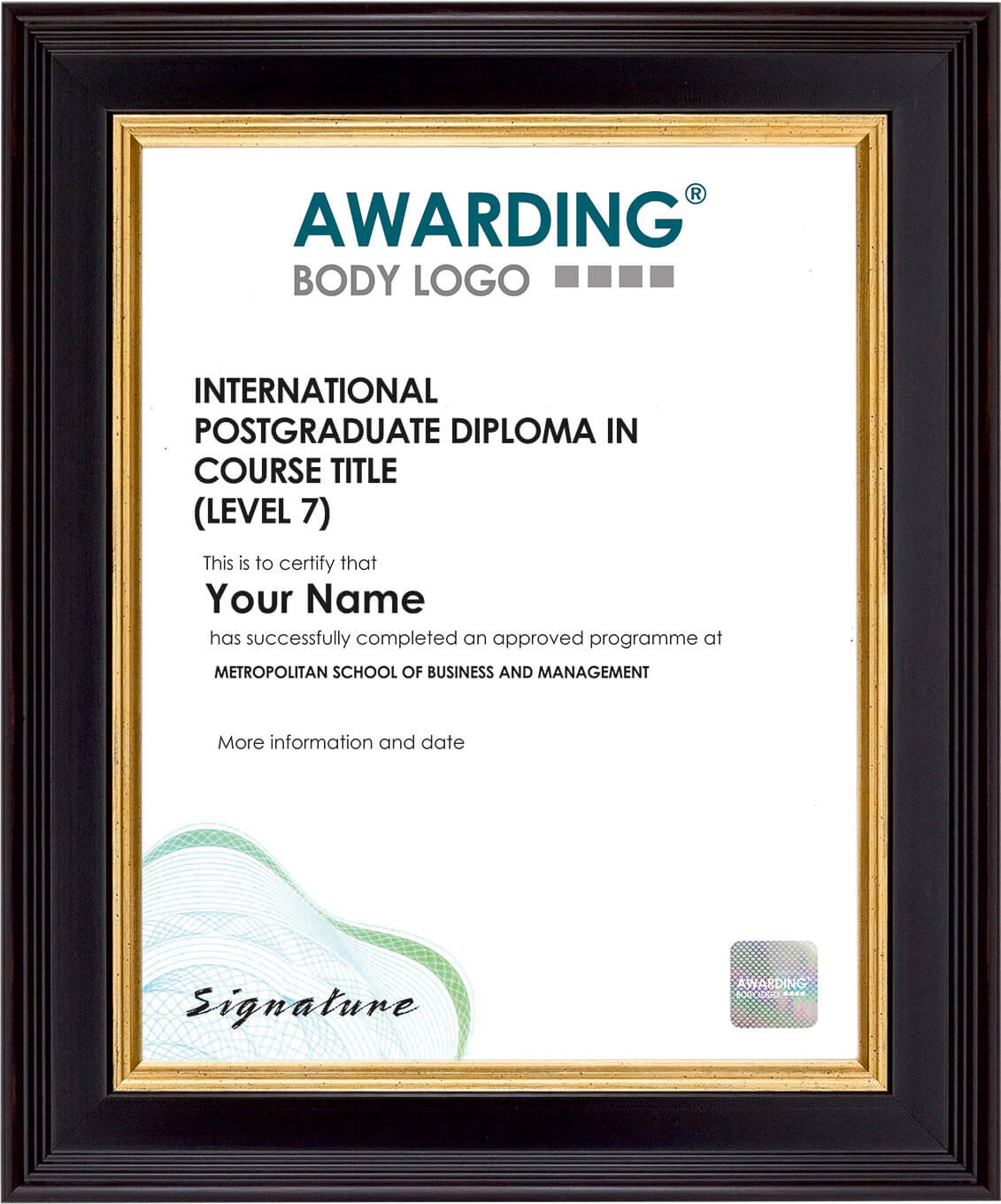International Postgraduate Diploma in International Banking and Finance (Level 7)
The International Postgraduate Diploma in Global Banking & Finance is designed to fit around work and personal commitments. World-class teaching is delivered via pre-recorded online lectures to enrich the learning experience. MSBM has perfected the art of delivering financial management education. Our practice-based approach focuses on addressing real-world regulatory and application problems.
We don’t just give you the theory; we ensure you learn how to apply it in your working life immediately, with case studies, webinars, business simulations, and 100% project-based.
The International Postgraduate Diploma in Global Banking & Finance allows you to achieve the qualification between 8 to 10 months. It is a fast track to new opportunities and enhanced career prospects.
This programme aims to deliver a practical and realistic solution to many challenges in finance, such as compliance, standard reporting and auditing, which is supported by appropriate reference to theoretical and conceptual analysis in the related fields.
Accreditation
All MSBM courses are accredited by the relevant partners and awarding bodies. Please refer to MSBM accreditation in about us for more details.
University Progression
University Top-up
Upon completing this course, students can complete a Master's degree programme from one of our Partner Universities. The top-up programme can be studied online. The top-up may comprise the study of a few modules or a final dissertation project.
(The course tuition fee listed above does NOT include the top-up fee)
For more details and partner Universities offering the topup, please speak to our student advisors.
Entry Requirements
For entry onto theInternational Postgraduate Diploma (IPGD) in Banking and Finance qualification, learners must possess the following:
- An honours degree in a related subject or the UK level 6 diploma or equivalent overseas qualification, i.e. bachelor's Degree or Higher National Diploma
OR
- Mature learners (over 25) with at least five years of management experience if they do not possess the above qualification (this is reviewed on a case-by-case basis)
Course Modules
This module provides the most critical information about the study course and assignment submission.
Commercial Bank Management is an advanced level course that focuses on the various aspects of managing a commercial bank. The course explores the key concepts of banking and the principles of managing financial institutions. It equips students with the knowledge and skills required to run a successful commercial bank.
The course covers topics such as the role of commercial banks in the economy, bank management principles, financial analysis, risk management, loan portfolio management, and strategic planning. Students will gain an understanding of the various departments in a commercial bank, including operations, credit, marketing, and treasury.
This course is designed to provide managers with a solid understanding of finance and accounting principles, enabling them to make informed business decisions and manage financial resources effectively. The course will cover key financial concepts such as budgeting, financial analysis, cash flow management, risk assessment, and capital budgeting. Students will learn how to read and interpret financial statements, analyze financial data, and evaluate investment opportunities.
Business economics is a field of study that focuses on the application of economic principles and concepts to business decision-making. It involves the analysis of how businesses operate, make decisions, and interact with markets and other economic actors. Business economics covers a wide range of topics, including demand and supply analysis, production and cost theory, market structures, pricing strategies, risk management, and financial analysis.
Strategic management is a course that focuses on the development and implementation of strategies that help organizations achieve their goals and objectives. The course covers the entire process of strategic management, from the analysis of the internal and external environment to the implementation of the chosen strategy.
The course on international banking regulations is designed to provide an in-depth understanding of the regulatory environment in which banks and other financial institutions operate in today's global economy.
The course on research methods is designed to provide students with a comprehensive understanding of the research process and equip them with the necessary skills to conduct research effectively. The course covers the fundamental concepts and principles of research, including the identification of research problems, research design, data collection, analysis, and interpretation. The course also covers different research methodologies, including qualitative, quantitative, and mixed methods research. Students will learn how to formulate research questions and hypotheses, design research studies, select appropriate data collection methods, and analyze data using statistical software. In addition, the course will cover ethical considerations in research, including the protection of human subjects and the responsible conduct of research. Students will be exposed to various research tools, including literature review techniques, citation management software, and research proposal writing.
Workshops
Workshops are conducted through live webinars for online students.
Visa Requirements
There is no Visa requirement for this programme.







































